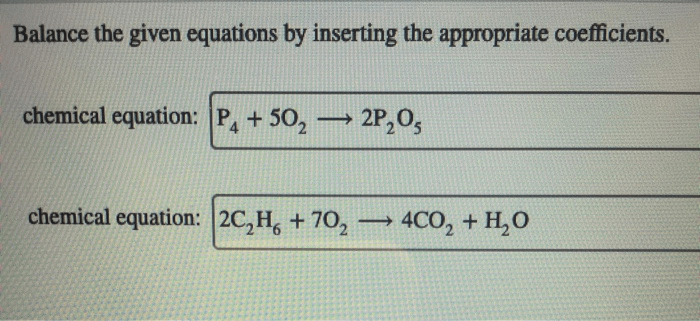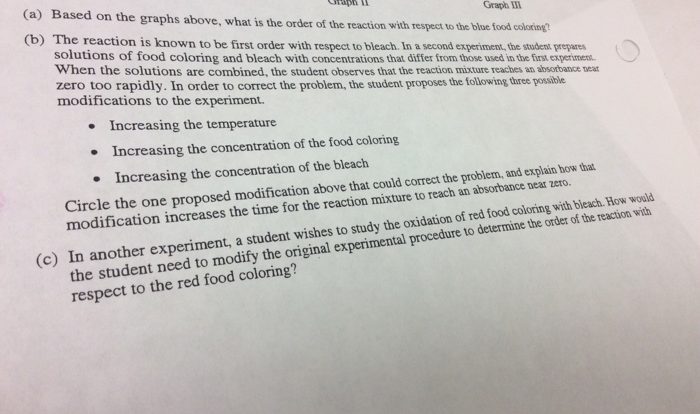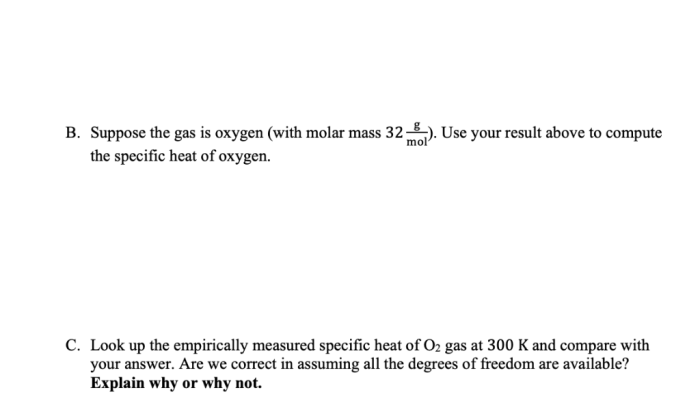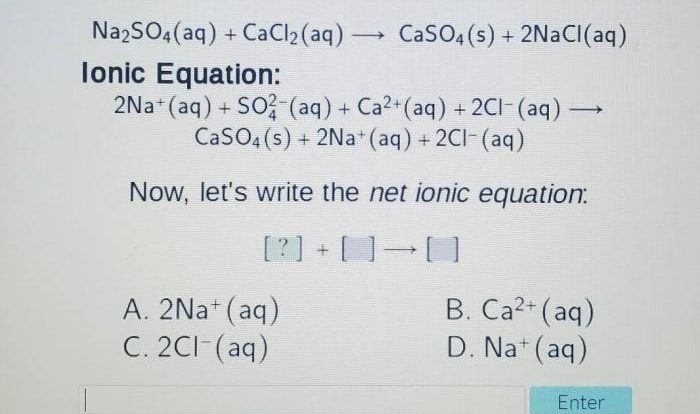Complete the ka2 expression for h2co3 in an aqueous solution – The Ka2 expression for H2CO3 in aqueous solution plays a crucial role in understanding the dissociation behavior of carbonic acid and its impact on various chemical processes. This guide delves into the definition, significance, and applications of the Ka2 expression, providing a comprehensive overview of this fundamental concept in chemistry.
Definition of H2CO3 in Aqueous Solution: Complete The Ka2 Expression For H2co3 In An Aqueous Solution
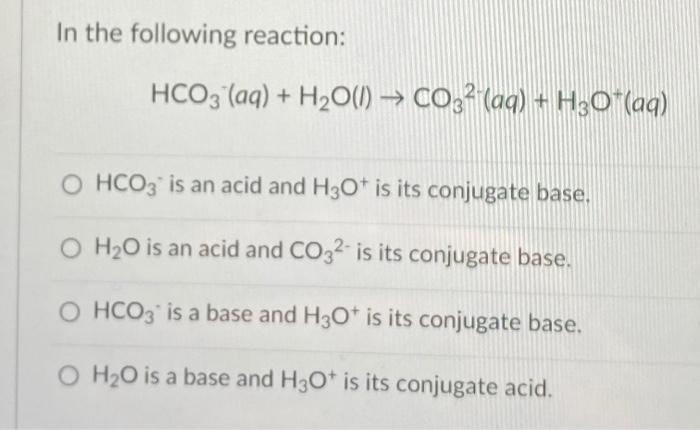
Carbonic acid (H2CO3) is a weak acid that forms when carbon dioxide (CO2) dissolves in water. It is a diprotic acid, meaning it can donate two protons (H+ ions). The chemical formula of carbonic acid is H2CO3, and it has a molecular weight of 62.03 g/mol.
Carbonic acid is a colorless, odorless gas at room temperature and pressure. It is soluble in water, and the solubility of CO2 in water increases with decreasing temperature.When CO2 dissolves in water, it reacts with water molecules to form carbonic acid.
This reaction is reversible, and the equilibrium constant for the reaction is Ka1 = 4.5 x 10^-7. The Ka1 value indicates that the reaction favors the formation of CO2 and H2O over H2CO3.Carbonic acid is a weak acid, and it dissociates in water to form hydrogen ions (H+) and bicarbonate ions (HCO3-).
The dissociation constant for the second dissociation of carbonic acid is Ka2 = 4.7 x 10^-11. The Ka2 value indicates that the second dissociation of carbonic acid is much weaker than the first dissociation.
Ka2 Expression for H2CO3
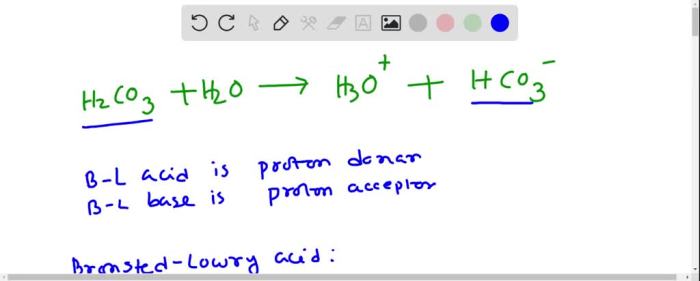
The Ka2 expression for H2CO3 in an aqueous solution is:“`Ka2 = [H+][HCO3-] / [H2CO3]“`where:* Ka2 is the dissociation constant for the second dissociation of carbonic acid
- [H+] is the molar concentration of hydrogen ions
- [HCO3-] is the molar concentration of bicarbonate ions
- [H2CO3] is the molar concentration of carbonic acid
The Ka2 value is a constant that is characteristic of carbonic acid. It is a measure of the strength of the second dissociation of carbonic acid. A larger Ka2 value indicates that the second dissociation of carbonic acid is stronger.
Factors Affecting Ka2 Value

The Ka2 value of carbonic acid can be affected by several factors, including:*
-*Temperature
The Ka2 value of carbonic acid increases with increasing temperature. This is because the second dissociation of carbonic acid is an endothermic reaction, and increasing the temperature shifts the equilibrium to the right.
-
-*Ionic strength
The Ka2 value of carbonic acid decreases with increasing ionic strength. This is because the presence of other ions in the solution can interfere with the dissociation of carbonic acid.
-*pH
The Ka2 value of carbonic acid is also affected by the pH of the solution. The Ka2 value is lowest at low pH values and highest at high pH values. This is because the pH of the solution affects the concentration of hydrogen ions, which in turn affects the dissociation of carbonic acid.
Applications of Ka2 Expression
The Ka2 expression for H2CO3 is used in a variety of applications, including:*
-*Acid-base chemistry
The Ka2 expression can be used to calculate the pH of a solution of carbonic acid. It can also be used to calculate the concentration of hydrogen ions and bicarbonate ions in a solution of carbonic acid.
-
-*Buffer systems
Carbonic acid is a component of the bicarbonate buffer system. The bicarbonate buffer system is a weak acid buffer that is used to maintain the pH of a solution within a narrow range.
-*Carbonate equilibria in natural waters
The Ka2 expression can be used to calculate the concentration of carbonic acid, bicarbonate ions, and carbonate ions in natural waters. This information can be used to understand the chemistry of natural waters and to predict the behavior of pollutants in natural waters.
FAQs
What is the Ka2 expression for H2CO3 in aqueous solution?
The Ka2 expression for H2CO3 in aqueous solution is: Ka2 = [H+][HCO3-] / [H2CO3]
What is the significance of the Ka2 value?
The Ka2 value indicates the strength of the second dissociation of H2CO3 and provides insights into the extent of dissociation and the concentration of H+ and HCO3- ions in solution.
How does temperature affect the Ka2 value of H2CO3?
Temperature typically has a negative effect on the Ka2 value of H2CO3, meaning that the dissociation decreases with increasing temperature.
